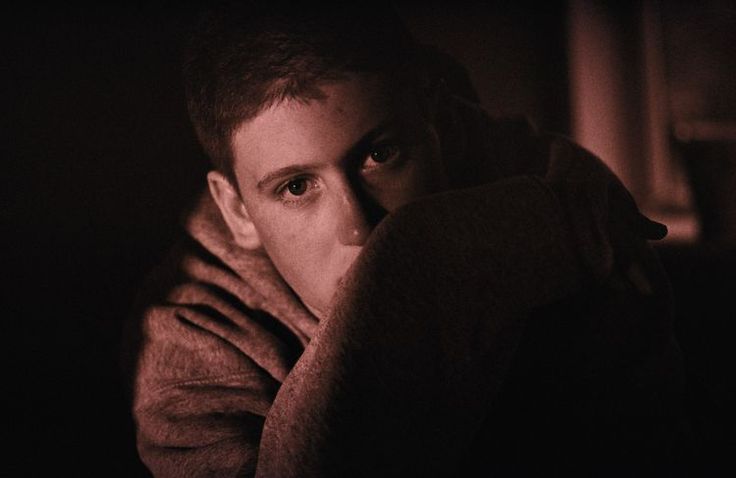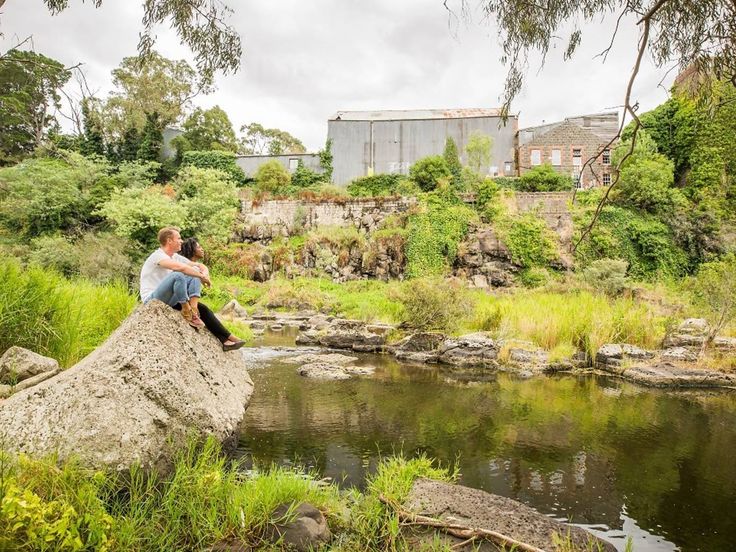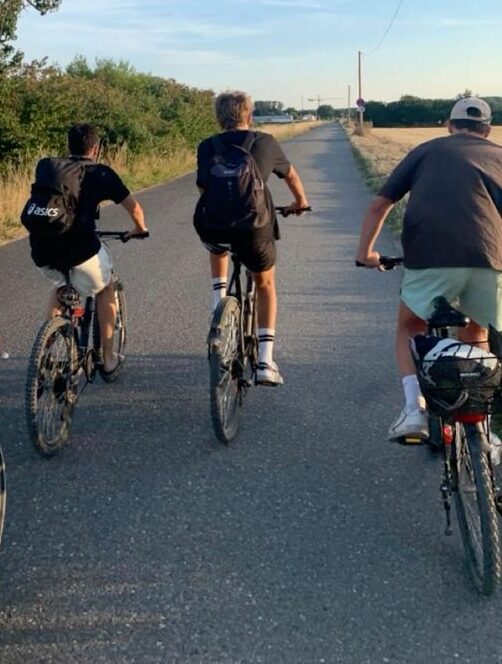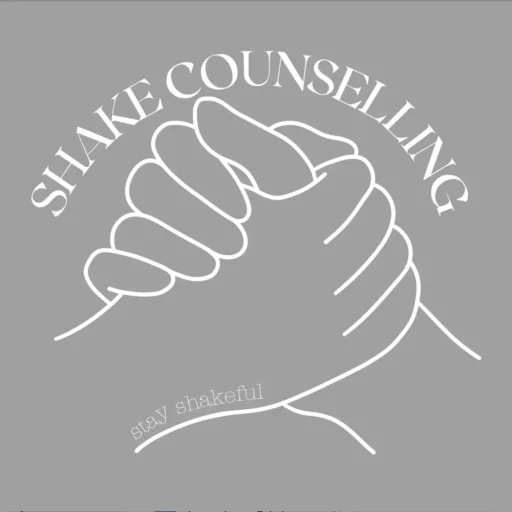The Role of Physical Activity in Managing Teenage Anxiety and Depression

Table of Contents
Introduction
“I don’t want to go to school today.”
When your teenage son’s world starts shrinking – the closed bedroom door, the missed sports practice, the declining grades – it’s more than just “teenage moods.” As Geelong parents, you’re not alone in noticing these signs of teenage anxiety and depression.
At Shake Counselling, we’ve found that sometimes the most powerful healing happens through movement, not just talk. Our movement-based therapy helps young people aged 12-25 find their way back to themselves when words feel too hard.
Let’s explore how physical activity could be your teen’s pathway back to emotional well-being.
Understanding Teenage Anxiety and Depression
Teenage anxiety and depression manifest differently from adult experiences of these conditions. For young males, symptoms often present as:
Withdrawal from social activities and family
Teens may suddenly stop participating in family dinners or decline invitations to social events.
Example: Tom started making excuses to avoid weekly family BBQs and stopped attending his regular gaming sessions with friends.
Irritability and angry outbursts
Rather than expressing sadness, young males often show depression through increased aggression and frustration.
Example: Previously easy-going Marcus began slamming doors and snapping at his siblings over minor issues like using the PlayStation.
Declining academic performance
A noticeable drop in grades or sudden disinterest in subjects they previously excelled in can signal underlying mental health challenges.
Example: Despite being a straight-A math student, James started failing tests and stopped submitting homework assignments.
Changes in sleeping and eating patterns
Depression often disrupts basic daily routines, leading to oversleeping or insomnia, and significant changes in appetite.
Example: Alex started staying up until 4 AM gaming, sleeping through school, and skipping meals except for late-night snacking.
Loss of interest in previously enjoyed activities
Activities that once brought joy suddenly feel meaningless or too difficult to engage in.
Example: After years of passionate involvement, Chris quit his local cricket team mid-season and left his guitar gathering dust.
Common Triggers Affecting Youth Mental Health
Recent statistics from Beyond Blue indicate that 75% of Australian youths experience mental health challenges. Common triggers include:
1. Academic pressure and expectations
The mounting stress of VCE requirements, constant assessments, and pressure to achieve high ATAR scores can overwhelm teenagers, particularly when combined with expectations from family and teachers.
2. Social media influence and cyberbullying
The constant connectivity and pressure to maintain an online presence can lead to comparison anxiety while cyberbullying creates a form of stress that follows teens into their homes and private spaces.
3. Family conflicts and relationship challenges
Changes in family dynamics, parental separation, sibling rivalries, or difficulties in romantic relationships can significantly impact a teenager’s emotional stability and sense of security.
4. Identity and self-esteem issues
The challenging journey of self-discovery during adolescence, combined with body image concerns and questions about personal identity, can create deep-seated anxiety and uncertainty.
5. Peer pressure and social anxiety
The intense desire to fit in with peer groups while navigating complex social hierarchies and expectations can create overwhelming stress, particularly during crucial developmental years.

The Science Behind Physical Activity and Mental Health
The connection between physical movement and mental well-being is rooted in solid scientific evidence. When we engage in physical activity, our brains undergo several positive changes:
Neurochemical Benefits
- Release of endorphins, often called “feel-good hormones”
- Increased production of serotonin, which regulates mood
- Enhanced dopamine levels, improving motivation and focus
- Reduction in cortisol, the primary stress hormone
Physical and Cognitive Improvements
- Better sleep quality and regular sleep patterns
- Increased energy levels throughout the day
- Enhanced concentration and memory function
- Improved problem-solving abilities
Benefits of Movement-Based Therapy
Our approach at Shake Counselling leverages these scientific foundations while creating a therapeutic environment that resonates with young people. The benefits include:
Emotional and Social Development
- Natural conversation flow during physical activities
- Reduced pressure compared to face-to-face counselling
- Improved emotional expression through movement
- Development of healthy coping mechanisms
Personal Growth
- Increased self-confidence through skill mastery
- Enhanced body awareness and self-image
- Better stress management techniques
- Stronger sense of personal achievement
Case Studies and Success Stories
While maintaining client confidentiality, we’ve observed remarkable transformations through our movement-based therapy program:
Josh’s Story (name changed): A 15-year-old struggling with social anxiety found that regular basketball sessions combined with therapy helped him develop confidence and social skills. After three months, his school attendance improved, and he joined a local sports team.
Marcus’s Experience (name changed): A 17-year-old dealing with depression discovered new coping strategies through outdoor activities. His parents reported significant improvements in his mood and engagement with family activities.
How Shake Counselling Implements Movement-Based Therapy
Our program integrates physical activity into therapeutic practice through:
Structured Activities
- Individual and group sports sessions: From basketball to boxing, offering both personal attention and peer connection through sport
- Outdoor adventure activities: Challenging comfort zones through rock climbing, hiking, and team-based outdoor challenges
- Strength training programs: Building physical confidence and mental resilience through guided fitness routines
- Mindful movement exercises: Combining physical activity with mindfulness techniques for emotional regulation
Professional Support
- NDIS-registered practitioners: Fully qualified and registered professionals ensuring your NDIS funding supports your teen’s journey
- Qualified mental health professionals: Experienced counsellors who understand both physical and emotional aspects of youth wellbeing
- Experienced youth workers: Skilled mentors who connect naturally with young people and understand their unique challenges
- Regular progress assessment: Continuous monitoring and adaptation of programs to ensure optimal outcomes
- Flexible therapy options: Combine movement-based therapy with options like individual therapy or body-based therapy if needed.
Safety and Inclusivity
- Tailored programs: Every activity adapted to match your teen’s current capabilities and confidence
- Comprehensive risk assessment: Thorough safety protocols and assessments for all activities and venues
- Inclusive environment: Creating a welcoming space where every young person feels accepted and valued
- Regular consultation: Keeping you involved and informed about your teen’s progress and development
Moving Forward Together
The integration of physical activity into managing teen mental health treatment represents a significant step forward in supporting young people’s well-being. Through movement-based therapy, we’re seeing young people develop stronger emotional resilience, better-coping strategies, and improved mental health outcomes.
For parents, educators, and youth workers in the Geelong area, understanding the connection between physical activity and mental health opens new possibilities for supporting young people through their challenges.
Ready to Take the First Step?
Contact Shake Counselling to learn more about our movement-based therapy programs. We offer:
Book a Consultation
Contact Us: Call or visit our Contact Page to schedule an initial consultation and discuss your teen’s needs and explore how we can help.
Initial Assessment
Meet with our experienced youth counsellor to create a personalised understanding of your teen’s journey.
Choose Your Path
Select from individual counselling, movement therapy, or a combination that feels right for your teen.
Begin the Journey
Start with gentle movement-based sessions that match your teen’s comfort level and interests.
Ongoing Support
Regular check-ins and program adjustments ensure we’re meeting your teen’s changing needs.
What We Offer
- Free initial consultation: A relaxed, no-pressure chat to understand how we can support your family
- NDIS-supported services: Access our programs through your NDIS plan
- Flexible scheduling: Sessions that work around school and family commitments
- Personalised treatment plans: Tailored approaches that evolve with your teen’s progress
- Passionate Team: Our team is dedicated to making a positive difference in the lives of young people.
Book a Session Today
Ready to support your teen’s well-being? Our team is here to help you take the first step. Let’s chat about how movement-based therapy could work for your family.
•Phone: 0422 868 258
•Email: [email protected]
•Visit: Link to Contact Page
Shake Counselling is an NDIS-registered provider serving the Geelong region, specialising in movement-based therapy for young males aged 12-25.
Recent Articles


Recognising The Signs A Teen Needs Counselling: A Guide for Parents

Navigating NDIS Support for Youth Mental Health in Geelong

How Movement-Based Therapy Enhances Emotional Intelligence in Youth

The Role of Physical Activity in Managing Teenage Anxiety and Depression

Understanding Dialectical Behaviour Therapy in Geelong

11 Newcastle St, Newtown VIC 3220
0422 868 258
Mon – Fri: 7:00am – 6:00pm
Sat: 7:00am – 2:00pm
We empower Geelong’s teens to navigate challenges, build strong relationships, and develop a positive sense of self.
